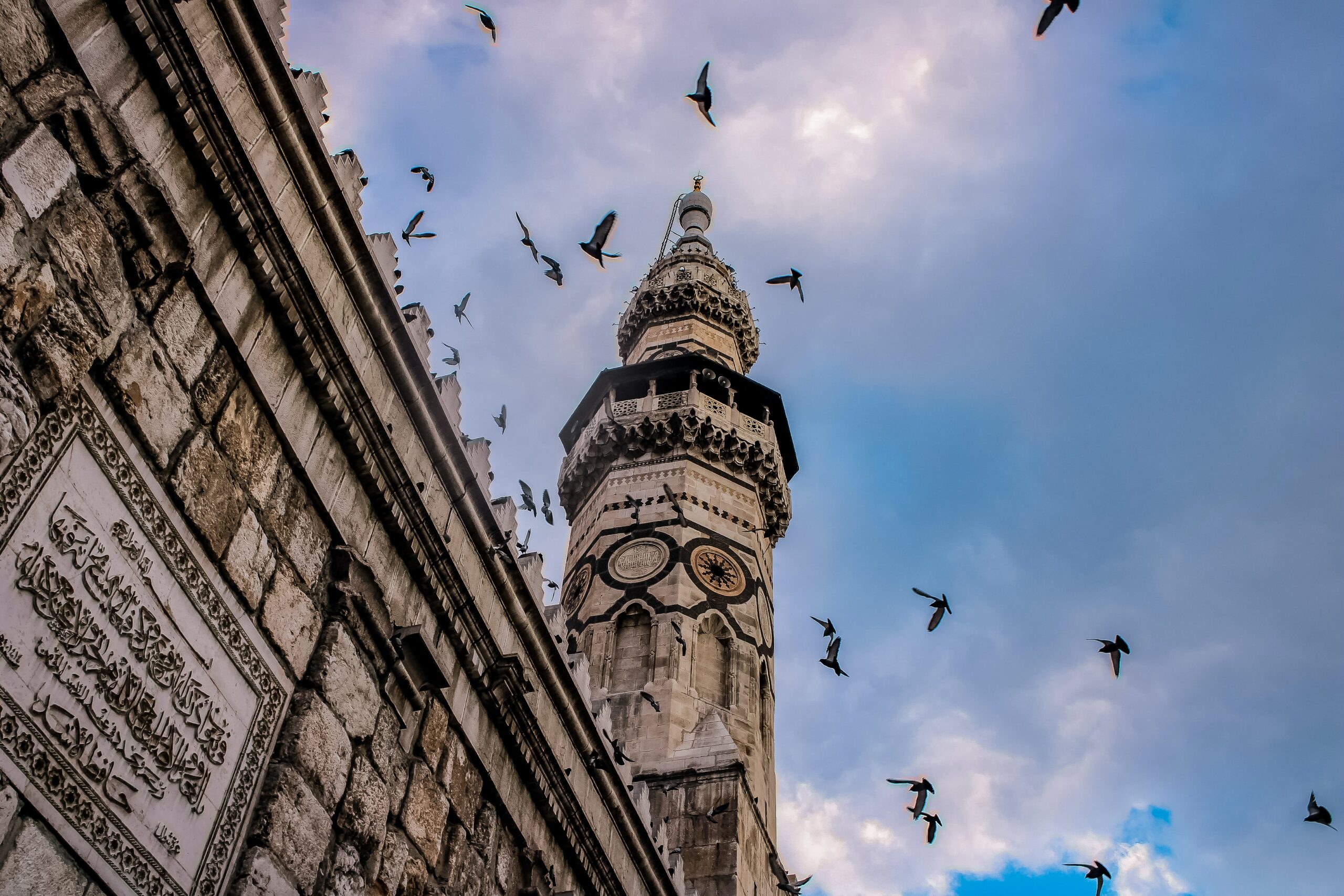Photo by Abd Sarakbi, via Unsplash
Syria, Feb. 6 — Amidst destruction, a 7.8 magnitude earthquake hit an already-crumbling Syria, killing more than 5,951 people. The horrific scenes of flattened buildings and families wailing as rescuers pull children from under the rubble were all too familiar for Syrians grappling with more than a decade-long civil war.
“Syrians had to endure years of war to the extent that the sounds of missiles that used to scare them back then are nothing but background noise for them,” said Heba Jandali, a Syrian student at West Chester University. “But the earthquake awakened that fear again.”
The earthquake struck Syria after the 12-year war has exhausted the country with shelling and bombardments, leaving people with destruction, displacement, poverty, food and water shortages, and healthcare deprivation.
Sima Bobaky, whose family had fled Syria to escape the war, recalled the first moments she heard about the earthquake. “I just didn’t want to believe that I have potentially lost more members of my family,” said Bobaky. Bobaky lost several relatives due to the war, including her aunt who was killed by a missile that hit her home, and her uncle, whose health deteriorated due to the worn-out healthcare system.
Since 2011, the war has claimed 580,000 lives, with more than 306,887 people killed due to bombardments, shelling, air strikes or other war operations.
With the earthquake came more misery for Syrians, including Bobaky’s family. “My dad’s village was wiped out and he lost many dear childhood friends and neighbors along with their families,” said Bobaky. “I couldn’t bear to see my dad breaking down in tears and asking God, ‘Why!’”
The earthquake has also exacerbated the Syrian refugee crisis, displacing more than 5 million people. As a result of the war, 13 million people have become refugees, half of whom have been internally displaced while the rest fled to neighboring countries like Turkey and Lebanon. With the earthquake, many had to endure displacement and homelessness for the second time.
Both of Jandali and Bobaky’s relatives have fled to Turkey due to the war. After becoming refugees, they had to experience losing their homes once again due to the earthquake.
For Syrians in Syria and elsewhere in the world, the debilitating tragedies that continue to beset their country including a civil war, a global pandemic, a cholera outbreak, severe winter conditions and now an earthquake have “scarred them for life,” said Bobaky.
Syria continues to be the world’s largest humanitarian crisis as more than 15 million people urgently need humanitarian assistance. Following the earthquake, almost 9 million Syrians will need humanitarian assistance.
Across the border, aid poured into Turkey, with countries sending rescue teams, excavators, food, tools and medication to help with the rescuing efforts. Syrians, on the other hand, were left alone.
“All I ask is to show equal concern to Syria, the people who have been suffering for far longer and have endured much worse situations such as war and poverty,” said Jandali.
Survivors and rescuers said that they could hear the cries of people under the debris but could not help them because they did not have the needed equipment. Some tried to dig with their bare hands, but their efforts were in vain. Slowly, the cries ceased.
Destroyed public service buildings, damaged routes and infrastructure and lack of access to water, equipment, fuel, electricity and other social and material resources have further jeopardized assistance efforts.
Most of Syria is controlled by the Assad regime, but northwest Syria, being controlled by opposition groups, was the most affected by the earthquake.
With the Assad regime still being sanctioned by the west, the process of sending humanitarian aid to northwest Syria was hindered.
Although sanctions do not include humanitarian aid, Assad’s insistence that aid be sent through him is dissuading countries from sending it, fearing that aid would embolden his government.
With the complications of aid delivery, Syrians have called on people to donate. “Please donate to organizations that are helping out in the earthquake and make sure that they are reliable and going to the people who actually need it,” said Bobaky.
Following another catastrophe, Syrians attempt to rebuild what is left of their country.
“My dream is for these people to have peace and not worry about whether they would wake up the next day,” said Bobaky. “That’s what I want for Syrians because Syria itself will never be brought back.”
Organizations to donate to include Global Giving, Save the Children, and Direct Relief.
Elissa Odeh is a third-year media and culture major with a minor in journalism. EO1006030@wcupa.edu.

